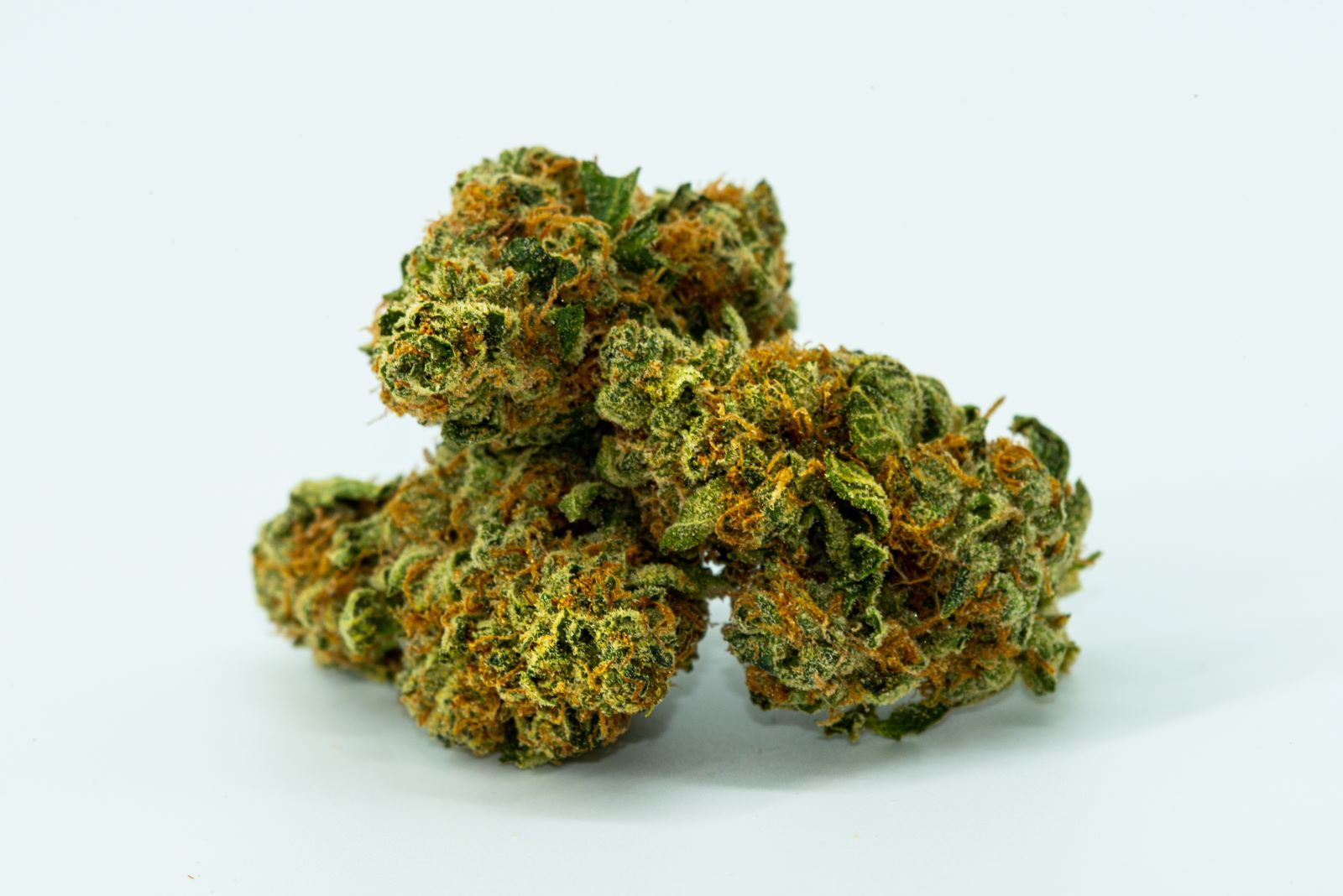
Table of Contents
Key Points
- Weed contains tetrahydrocannabinol–most commonly known as THC–which can affect how the brain produces "feel good" chemicals like serotonin and dopamine.
- Although there are many states that have legalized the use of weed for both medicinal and recreational use, it is important that you do not use the drug without first speaking to your doctor, especially if you are prone to feelings of depression.
- Certain strains of weed, known as indicas, are a form of the substance that produce more depressant effects and are known to calm the mind, relax the muscles, and promote sleep.
The relationship between weed use and depression is complex. While some individuals with depression use the substance to temporarily alleviate symptoms of depression, using the drug can exacerbate symptoms.
At the same time, weed has also been shown to cause depression in some individuals.
And, for those who develop a dependence on the drug, quitting use can result in intensified depression.
Although the potential therapeutic properties of weed are currently being explored, some depressant drugs may cause adverse effects in some individuals.
There is a Better Way to Live. It’s Time to Get the Help You Deserve.
Contact UsWhat Is a Depressant Drug?
Depressant drugs, often referred to as “downers,” are substances that reduce arousal in certain areas of the brain, producing both a physical and mental calming effect. Many depressant drugs are prescribed to relieve the symptoms of anxiety disorders or prior to medical procedures, or as part of treatment for sleep disorders.
However, some depressants may actually cause or worsen symptoms of depression.
Is Weed a Depressant?
Weed is a naturally occurring substance that is often smoked or eaten to produce various effects and is considered both a depressant and a stimulant, as well as a hallucinogen.
Certain strains of weed, known as indicas, are a form of the substance that produce more depressant effects and are known to calm the mind, relax the muscles, and promote sleep.
Weed Strains With Depressant Effects Include:
Afghan Kush
Blackberry Kush
Black Diamond
Blueberry
Bubba Kush
Cherry Pie
Critical Kush
G-13
Granddaddy Purple
Grape Ape
Hindu Kush
Hash Plant
LA Confidential
Master Kush
Northern Lights
OG Kush
Pink Kush
Purple Kush
Purple Urkle
Skywalker OG
How Does Weed Affect Your Mood?
Weed contains tetrahydrocannabinol–most commonly known as THC–which can affect how the brain produces “feel good” chemicals like serotonin and dopamine. This can boost mood in the short term. However, frequent or high doses of weed can lead to disorientation and cause unpleasant thoughts or feelings of anxiety and paranoia.
Ingestion of weed has also been linked to episodes of temporary psychosis, which involves hallucinations and paranoia, as well as long-lasting mental disorders such as schizophrenia.
This association is particularly strong in individuals who begin using weed in adolescence and continue to use it regularly.
Depending on the strain, the amount ingested, and the method of ingestion, the intensity of effects can range from mild to extreme.
 Can Weed Cause Depression?
Can Weed Cause Depression?
Research has also linked marijuana use to the development or worsening of mental health conditions, including depression. However, the relationship between weed use and depression is complex.
While many studies link the onset of depression to weed use, studies suggest evidence for the inverse as well: weed use as a result of depression[1]. This relationship is often stronger among males in adolescence and young adulthood as well as women in midlife.
However, because weed may worsen some mental health conditions, it is possible that the use of the substance contributes to more frequent or longer depressive episodes.
Although there are many states that have legalized the use of weed for both medicinal and recreational use, it is important that you do not use the drug without first speaking to your doctor, especially if you are prone to feelings of depression.
Can You Get Addicted to Weed?
Despite the commonly held belief that weed isn’t addictive, studies have shown that up to 30% of those who use the substance will develop marijuana use disorder–especially among those who start using the drug at an early age [2].
Signs of marijuana use disorder include:
- Increased use of the drug
- Continuing to use weed despite negative consequences
- Engaging in lying or secretive behavior related to using weed
- Inability to stop or reduce cannabis use despite attempts to do so
- Avoiding situations in which weed cannot be consumed
- Using cannabis in risky situations or inappropriate situations, such as prior to operating a vehicle or attending work or school
- Feelings of anxiety or depression when use is slowed or stopped
- Can Stopping Weed Improve Symptoms of Depression?
- Ceasing weed use has been shown to reduce the symptoms of depression. Those with depressive disorders may see rapid improvements in symptoms when the drug is reduced or stopped.
However, because those who develop marihuana use disorder may experience intensified depressive symptoms upon ceasing, it is often best to do so under the supervision of a mental health professional. Quitting weed at a drug treatment facility can help those with depressive disorders or other co-occurring mental health conditions address the underlying depression while stopping weed use.
Frequently Asked Questions About the Depressive Properties Of Weed
More answers to common questions surrounding how weed may impact mental health or the brain [3], particularly depression.
OCEAN RECOVERY EDITORIAL GUIDELINES
The internet contains a vast amount of misinformation, but when it comes to your health only peer reviewed, research centered data matters. At Ocean Recovery, all content published throughout our website has been rigorously medically reviewed by a doctorate level clinician, and cross checked for medical accuracy. Our editorial process helps our readers trust that the information they are consuming is factual and based upon scientific data. Your health is our top priority, find out more about how we safeguard the integrity of information on our website. Read More About Our Process

 Can Weed Cause Depression?
Can Weed Cause Depression?


